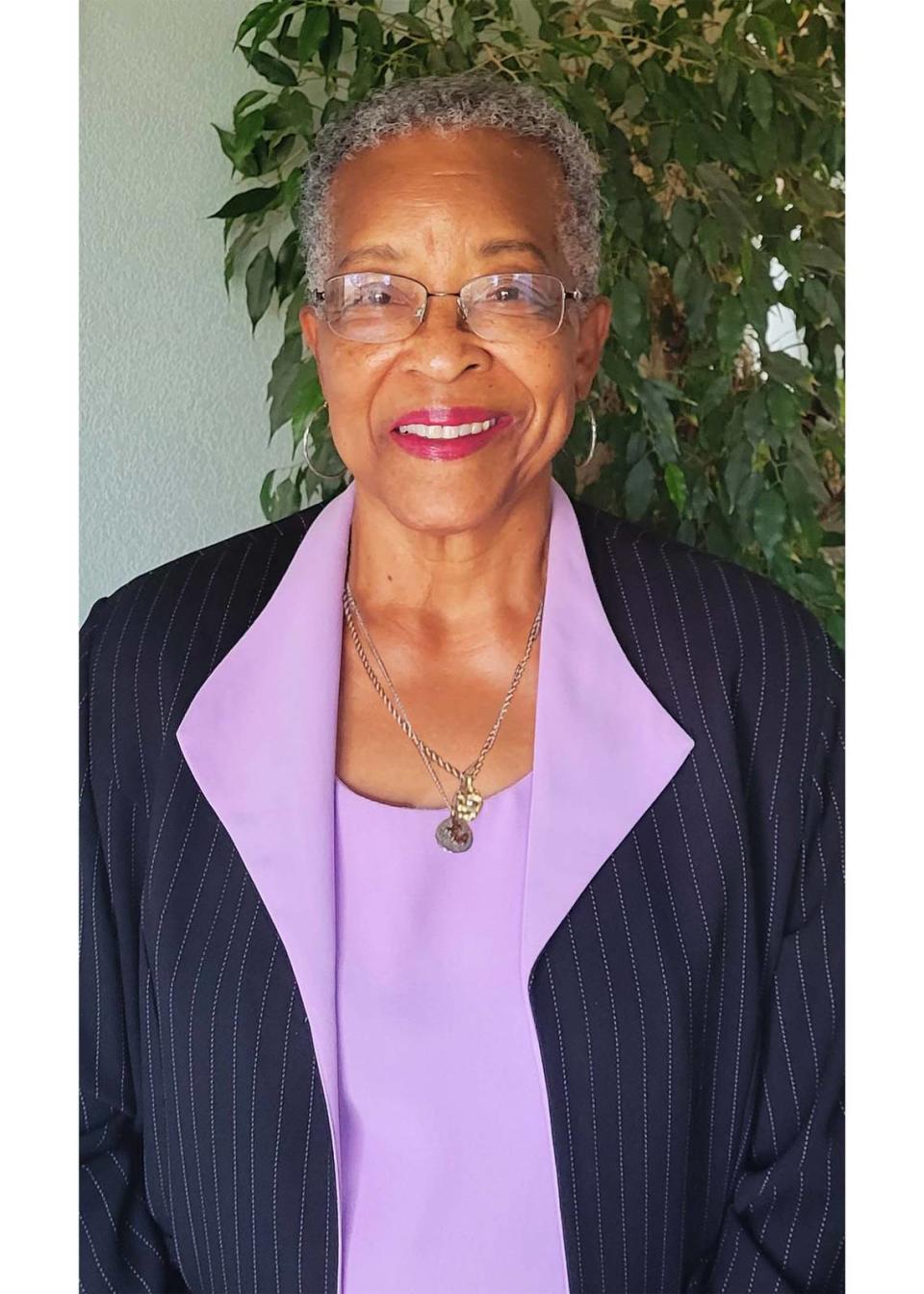Allensworth, a town founded by Black settlers, secures new funding and a better future
Many of us living in the Central Valley have long known and experienced the effects of discrimination and divestment. Allensworth, California’s first all-Black town established in 1908, has not been an exception. Once a thriving farm community inspired by the dream of self-determination, Allensworth has grappled with arsenic contamination in our drinking water, expansive food deserts and limited wastewater infrastructure.
My mother, Nettie Morrison, dedicated her life to Allensworth’s revitalization. I followed in her footsteps, immersing myself in the fight for environmental justice. Over the decades, I’ve learned progress is not always linear. But I’m hopeful we’ve now reached an inflection point, thanks to the passionate advocacy of community members and legislative leadership in our state.
Recognizing Allensworth’s contribution to American history and our state’s challenging environmental and economic conditions, Gov. Gavin Newsom, the California Legislative Black Caucus, and the state Legislature recently made a historic $40 million investment in Allensworth for programs in the Colonel Allensworth State Historic Park and the adjoining “living” community, including the expansion of the TAC Teaching and Innovation Farm.
A tribute to our kinship with farming, the TAC Farm uses organic agriculture and related products to revitalize the economically depressed community around Allensworth, while educating residents and visitors about healthy food choices. State funding will help us expand hands-on training in organic cultivation methods and allow for an expanded groundwater arsenic remediation process — now more important due to the drought. TAC Farm will also train youth, with the hope that future generations can learn and apply the science required to help advance environmental justice.
The designated state funding will also expand education for Allenworth’s extraordinary past. Plans include the creation of a new visitor center and administrative complex at the park, as well as support for free visitor access over the next three years. Of particular significance is how California’s policymakers codified within the Budget Act of 2022 that “the Department of Parks and Recreation (CDPR) shall conduct community engagement efforts to consult with stakeholders, including the local community, in the planning and design of the Visitor Center and related educational amenities, infrastructure, and park improvements.”
This provides a welcome opportunity for local community leaders to collaborate with the CDPR, thus enabling a meaningful opportunity for community-led revitalization. Together, we can uplift Allenworth’s important role in California history while showcasing diversity as one of our state’s greatest strengths.
California’s $40 million investment will also initiate a number of vital projects, and position Allensworth to draw down federal funds dedicated to economic revitalization. This includes financing for the construction of a new civic center, a 4,000-square-foot facility to house the offices of the Allensworth Community Services District, Allensworth Progressive Association, meeting rooms, a convenience store, and a cafe with postal services. All this brings us closer to re-obtaining our own zip code, which is so vital for census data and our community’s identity.
Thanks to the support of Newsom, California Legislative Black Caucus chair Sen. Steven Bradford, D-Gardena, the Legislature and county champion Supervisor Pete Vander Poel, Allensworth is now poised to be the organic farming hub of southwest Tulare County. The magnitude of this investment is a powerful acknowledgment from our state’s leadership that our people, history, and rights matter. We are tremendously grateful to our community and government partners for their help as we create an economic engine — driven by the people of our community — that will bring us that much closer to actualizing Col. Allensworth’s founding vision.
The struggle for environmental justice and self-determination doesn’t solely belong to those of us in the Central Valley, but is shared with other Black, Indigenous, People of Color (BIPOC) throughout our country and the world. California’s investment in Allensworth not only affirms our shared vision for a healthy and prosperous community, but also serves as a model for other states in our nation to follow.
Denise Kadara is the president of the Allensworth Progressive Association (APA) and the first African American member of the Central Valley Regional Water Quality Control Board.


